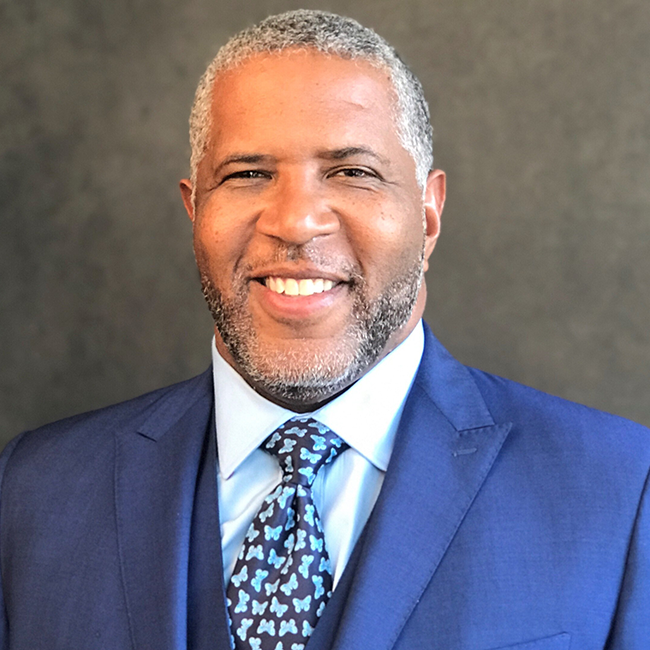
The race to develop a global edge in artificial intelligence continues to grip the imagination of reporters, investors, financiers, and policymakers worldwide. For leaders in the United States and China in particular, the ability of their companies, researchers, and governments to hold a competitive advantage over the other has become an essential driving force in trade and investment policy. As the Large Language Models of companies such as Chat GPT and Anthropic have made massive inroads through partnerships with companies such as Microsoft and Apple, the incorporation of AI into numerous different business, government, and even military applications has moved in the public mind from the theoretical to the practical.
Several years ago, I served a role in helping to coordinate aspects of an economic memorandum of understanding between California and China that included the California-China annual business forum. At the time, one of the areas of proposed collaboration was artificial intelligence, particularly in the realm of joint investment and research. It is telling how significant the changes in AI and its impact on the world have become in less than a decade that any such dialogue is largely unimaginable now. This shift is as much due to the growing importance of AI as it is to the intensifying rivalry between China and the United States.
However, AI's impact is not simply one of business and politics and is certainly not limited to a competition for dominance between the US, China, and their allies. According to Reuters, American policymakers have already moved to restrict the export of advanced chips and their fabricators to numerous countries and companies around the world in order to restrict the flow of the advanced technology underlying AI to countries such as China and Russia. At the same time, those restrictions have also served to help divide the world increasingly into a series of AI haves and have-nots, as the ability of unaligned countries in Asia, Africa, and Latin America to develop their own domestic computing capacity is restricted. While allies such as Japan and the Netherlands are exempted, numerous other interested parties who would like to aid their own companies increasingly find themselves dependent on a small collection of suppliers in the more industrialized nations of the developed world.
Two weeks ago, I had the pleasure of participating in the forum “AI: Angel or Demon” hosted by the ID Foros series in Bogotá, led by former Colombian President Iván Duque. The forum brought together leading experts from various parts of the world to focus on the impact of AI on business, finance, and research. However, what differentiated this conference from numerous discussions I have attended or been a part of within the United States is the very different perspective of the “have-nots.” For many of the attendees, there was a very real concern about the technological gap between the locations of advanced AI research and those without only continuing to grow. The technical focus of the discussions, in many ways, only reinforced this gap, even if the excitement among many of the attendees from the business and technology sectors was palpable.
In contrast, the discussion (around 7:52) I held with Libra Group Chairman George Logothetis aimed to provide a counterpoint to the more technical aspects by focusing on the human impact of AI on people and businesses. It also addressed a potential pathway for encouraging innovation—whether in AI or other forms of autonomy—by employees and researchers. One theme, both in this panel and more broadly in the discussions I held at the event, was the fact that companies and countries can better prepare themselves by supporting workers for the next transformative wave of automation that is already underway. In many ways, AI can also provide a second-mover advantage for companies in the developing world that are not as invested in the previous generations of technology. But one thing was clear as a theme: failing to understand the impact of such technology on people and companies could have clear consequences.
As we move forward, I expect discussions to shift toward the practical applications of AI in the workplace and its real impact on finance and balance sheets. My colleague Nicole Valentine has already been involved in discussions on how AI will impact FinTech and capital access. Our work in Economic Mobility for Veterans similarly examines how technological exposure and skills can be translated into roles in an AI-affected world. But ultimately, we need to remember that the AI race is not just an issue of technology and competitiveness, but also one of affecting people and businesses on a global scale.


















